Russia deploys ‘game changer’ weapon as US says Ukraine’s ammo shortage costs dearly
Russia’s air force has started deploying powerful aerial bombs to counter Ukraine amid Kiev’s shortages of ammunition provided by the US and other Western allies.
The Russian defense ministry hailed FAB-500 glide munitions a "game-changer" in the Ukraine war for their destructive potential and deployment range of up to 80 kilometers.
It also deployed the FAB-1500, FAB-1500 – a 1.5-tonne weapon, nearly half of which consists of high explosives.
The bombs are equipped with a unified planning and correction module (UMPC), which turns regular free-falling bombs into guided glide munitions.
In addition to Russian drones, missiles, and artillery, glide bombs have introduced a fresh wave of destructive power to Moscow’s operations in eastern Ukraine, exemplified by the recent seizure of the frontline city of Avdiivka.
According to Western experts, these upgraded explosives have demonstrated their remarkable effectiveness against Ukrainian forces, as the troops in Kiev struggle to counter such weaponry as US ammunition shortage bites.
“These bombs completely destroy any position. All buildings and structures simply turn into a pit after the arrival of just one,” recalled one fighter of a Ukrainian assault brigade operating near Avdeevka, which was captured by Russian forces last month.
The Ukrainian military also uses guided bombs, including the US made Joint Direct Attack Munition system (JDAM).
But, unlike the Kremlin, Kiev's availability of arms in need is significantly limited.
US President Joe Biden's administration recently unveiled a fresh aid package worth up to $300 million for Ukraine, after facing a financial shortfall in providing weapons to the country two months ago.
The Biden administration confirmed in January that it had run out of those replenishment funds, “unanticipated savings” that the Pentagon negotiated in its weapons contracts freed up money for a new aid package, US national security advisor Jake Sullivan said on Tuesday in a White House press briefing.
“When Russian troops advance, and its guns fire, Ukraine does not have enough ammunition to fire back,” Sullivan said. “That’s costing terrain, it’s costing lives, and it’s costing us – the United States and the NATO alliance – strategically.”
This comes as the approved Ukraine aid of $113 billion has already been utilized by the administration.
Meanwhile, the house of representatives, controlled by the Republicans, has resisted Biden's request for additional funds, arguing that he is only prolonging the conflict with Russia without providing a clear strategy to end the violence.
Sullivan emphasized Biden's plea for the House to pass a $95 billion emergency spending bill, which encompasses assistance for Ukraine, Israel, and Chinese Taipei – also known as Taiwan.
He highlighted that the "limited" aid package unveiled on Tuesday will solely sustain Ukraine's military capabilities for a brief duration, and it will not avert Ukraine from depleting its ammunition in the near future.
“The world is watching, the clock is ticking, and we need to see action as rapidly as possible, even as we do everything in our power to get Ukraine what it needs in its hour of need,” Sullivan added.
Last month, Ukrainian President Volodymr Zelensky said his country has lost ground in recent months due an “artificial shortage” of weapons and urged allies to send arms to Kiev.
Moscow has repeatedly warned the West that flooding Ukraine with weapons and munitions will only prolong the war.
D-8’s role in Iran’s economy after Cairo summit
China slams US as ‘war-addicted’ threat to global security
China ‘firmly opposes’ US military aid to Taiwan
VIDEO | Press TV's News Headlines
President Yoon Suk Yeol to be removed from office
At least 19 Gazans killed by Israeli airstrikes since dawn: Medics
Leader: Iran neither has nor needs proxy forces
US fighter aircraft shot down ‘in friendly fire’ amid aggression on Yemen


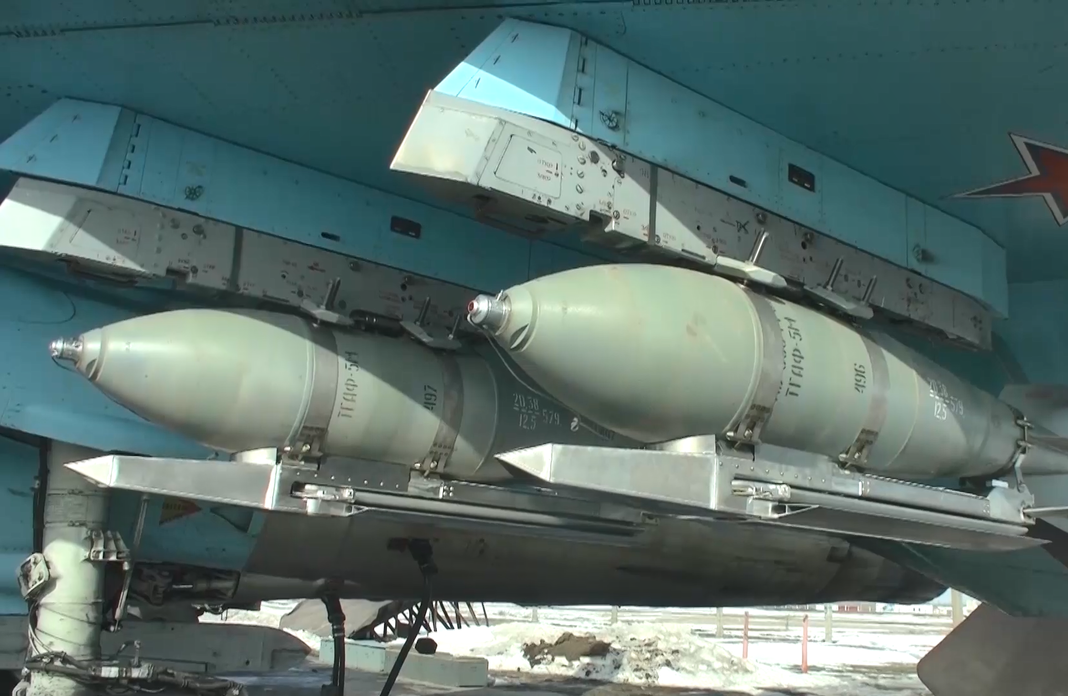
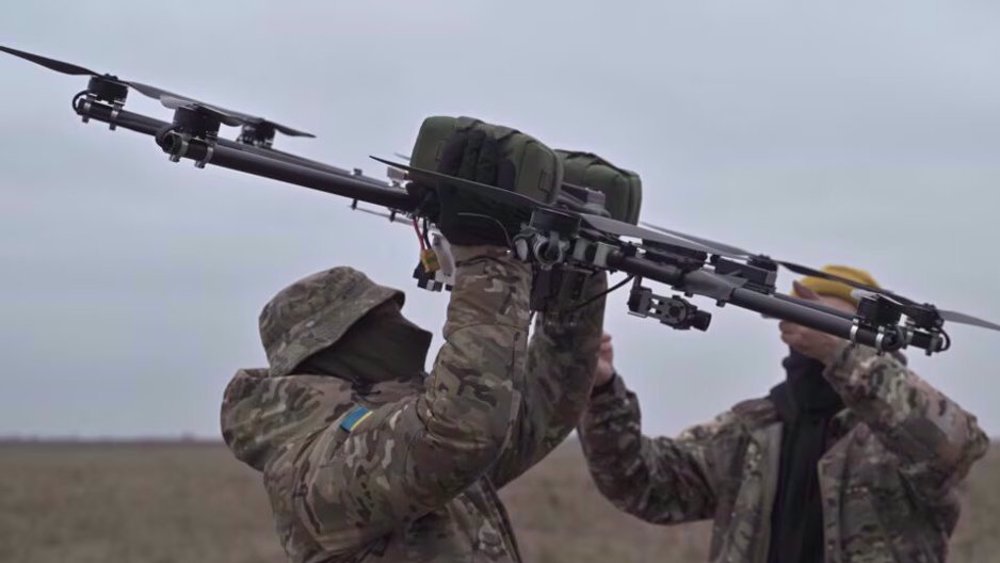


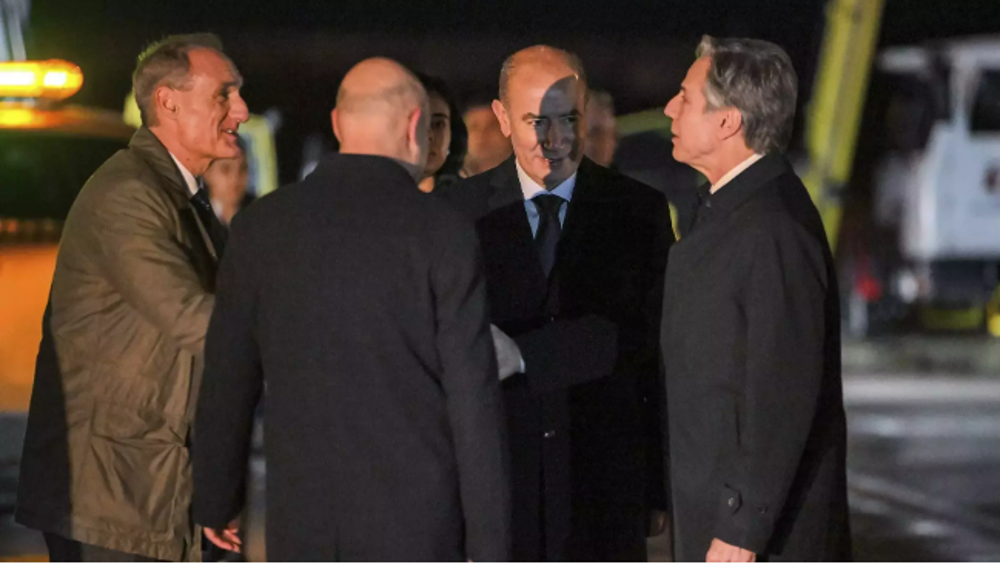



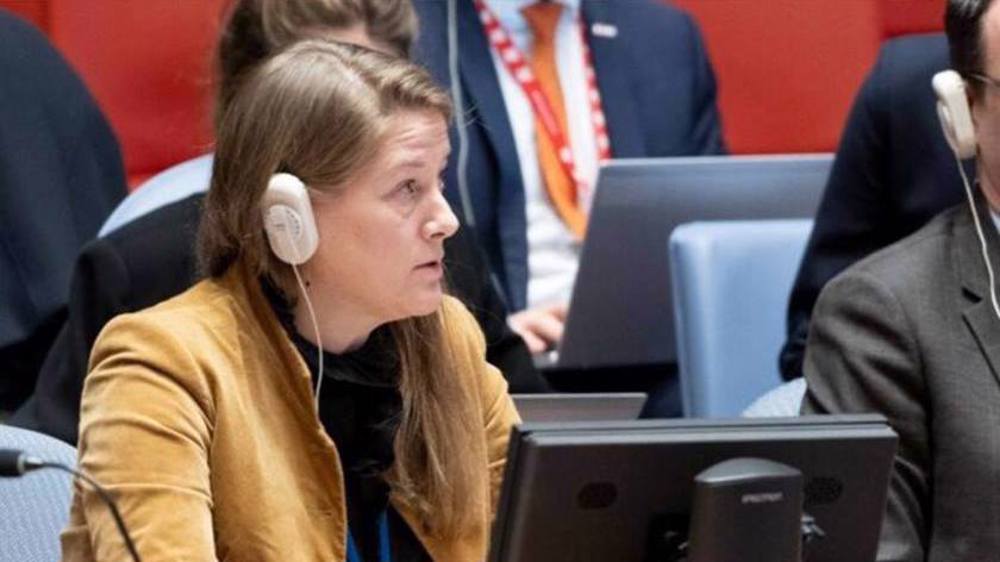




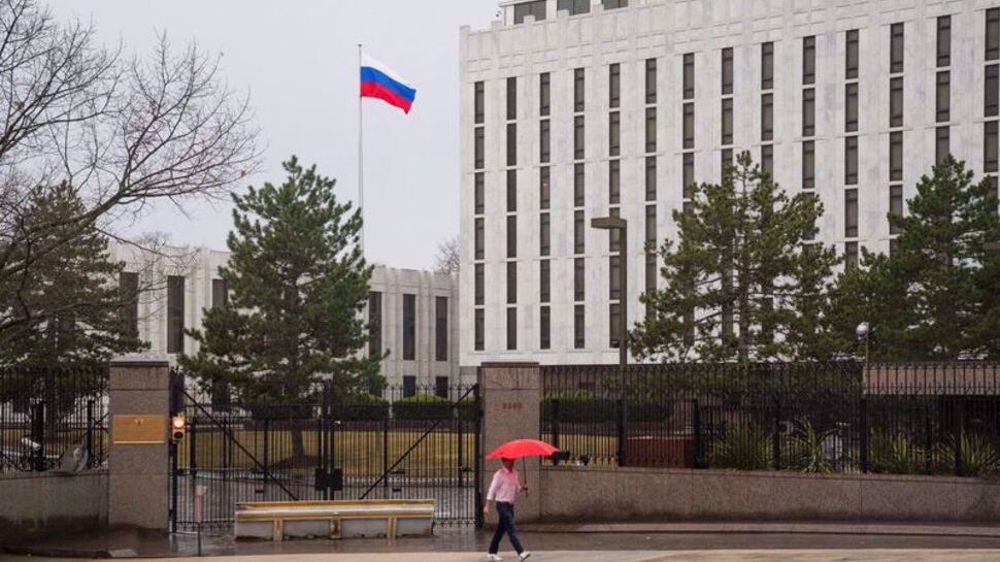
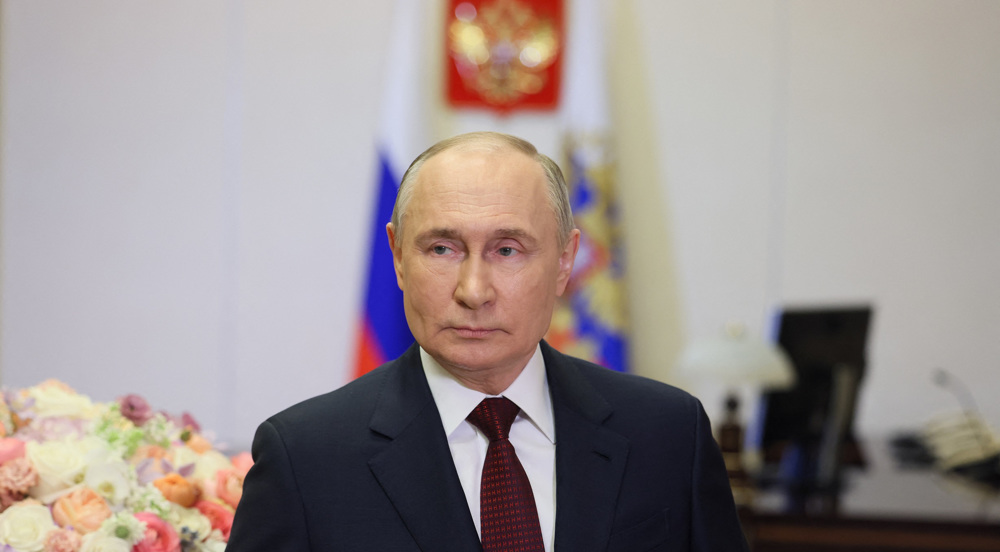
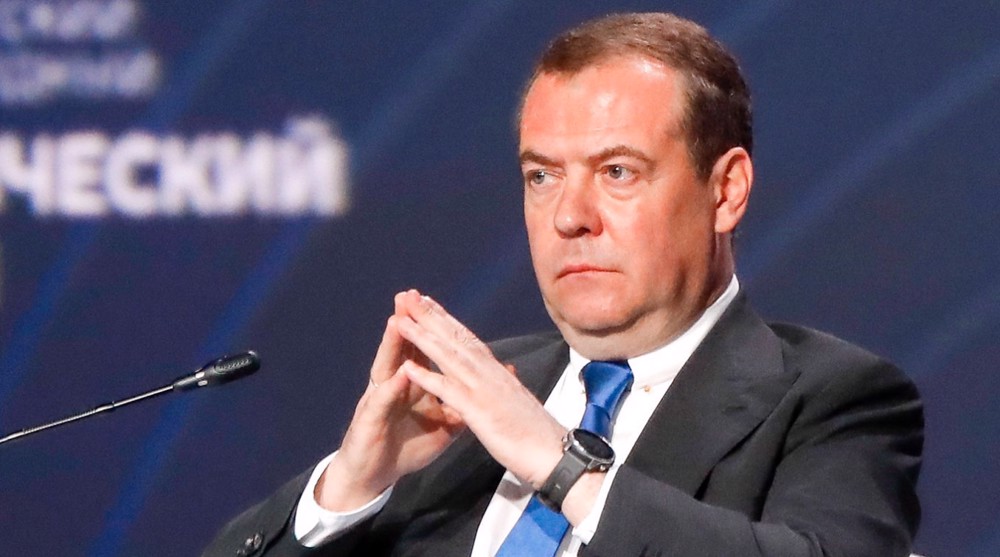

 This makes it easy to access the Press TV website
This makes it easy to access the Press TV website